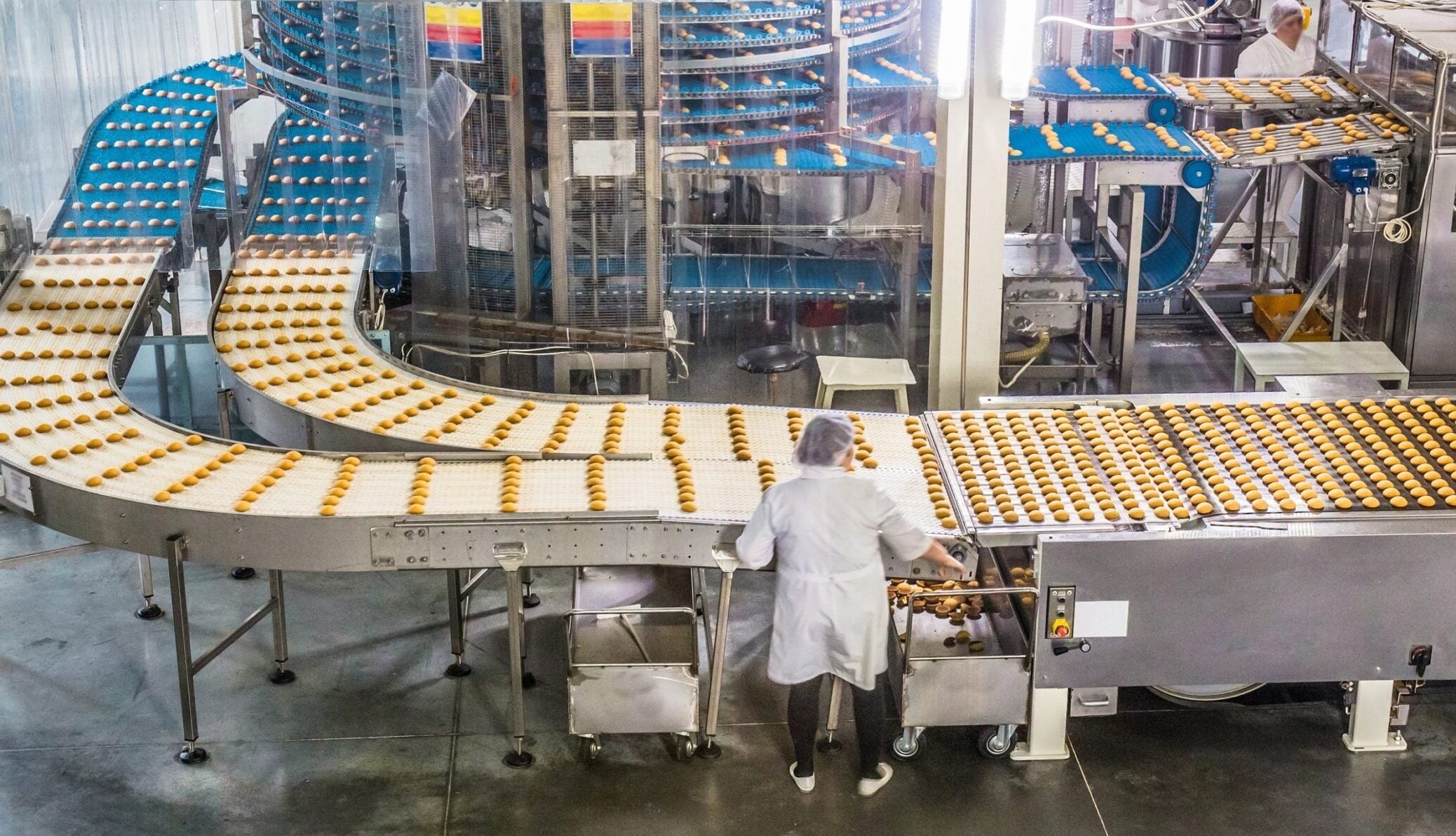In today's conscientious consumer landscape, the demand for ethically sourced and sustainable items has surged. Private label food manufacturers have emerged as innovators in this domain, commonly teaming up with agreement food manufacturers to spearhead sustainability as well as responsible sourcing efforts. With a tenacious commitment to ecological values, exclusive label brands have made it their goal to provide lasting, premium alternatives to consumers.
Private Label Food Manufacturers
In the last few years, private label food manufacturers, also referred to as own brand names or store brand names, have actually witnessed an impressive rise in appeal. These producers create goods sold private label food manufacturers australia under the logo design of a retailer, grocer, or exclusive entity. What collections private-label products apart is their ability to provide competitive prices without jeopardizing on quality.
Agreement Food Manufacturers
Lots of private-label food manufacturers join forces with agreement producers to establish their product. Agreement food manufacturers are specialists in generating foodstuff for private tags. This strategic collaboration permits private label business to use the competence, resources, and also committed food manufacturing facilities of their collaborators.
Sustainability at the Core
Private label food manufacturers use numerous approaches to boost sustainability within their supply networks:
Honest Sourcing:
Private label companies are progressively dedicated to sourcing active ingredients according to moral and also reasonable trade criteria. This entails ensuring that producers and employees of basic materials, such as coffee beans, spices, or cocoa, get fair compensation for their efforts.
Local Sourcing:
Focusing on local sourcing of ingredients is another characteristic of private-label food makers. This not only decreases the carbon footprint connected with transport however additionally sustains regional farmers and areas.
Organic Ingredients:
With the health food market growing, private tags are reacting by including organic components into their line of product. Organic farming techniques prioritize dirt health and wellness while eschewing synthetic chemicals and also fertilizers.
Sustainable Fish and shellfish:
Private Label Food Manufacturers are diligent in guaranteeing that the seafood they utilize is sustainably harvested, adhering to standards established by organizations like the Marine Stewardship Council, which promotes liable angling.
Reduced Food Waste:
Personal label companies are actively working with decreasing food waste by executing reliable manufacturing procedures as well as establishing products with longer life span. Some brands are additionally partnering with food rescue organizations to give away surplus food to those in demand.
Eco-Friendly Packaging and Campaigns
Sustainability initiatives by private-label food manufacturers prolong beyond sourcing components to incorporate product packaging and also environment-friendly campaigns:
Sustainable Product packaging:
Personal label brand names have actually embraced eco-friendly product packaging options, consisting of recyclable, naturally degradable, or compostable materials. Revamping packaging to decrease excess product as well as reduce ecological influence is a leading concern.

To lessen wastage, private-label food suppliers optimize item dimensions, minimize excess packaging, and also check out ingenious packaging services. Some brand names even encourage consumers to join recycling programs.
Energy Efficiency:
Many personal label manufacturers are investing in even more energy-efficient manufacturing plants, lowering water use, as well as embracing renewable resource sources to additionally reduce their ecological impact.

Carbon Neutral Initiatives:
Some personal brand name food makers are taking enthusiastic actions to achieve carbon nonpartisanship by offsetting their greenhouse gas exhausts via reforestation tasks as well as renewable energy credit scores.
Obstacles and the Road Ahead
In spite of the considerable strides made in sustainability and also responsible sourcing, private-label food suppliers face obstacles. Stabilizing sustainability with cost-effectiveness can be a delicate act, often needing concessions on lasting components or the exploration of environmentally friendly options.
Nevertheless, the future of private-label food manufacturing holds wonderful promise. As customer understanding and also demand for sustainable products remain to rise, private-label brands as well as their agreement food manufacturing partners are most likely to intensify their efforts. Partnership with providers and financial investment in lasting technological breakthroughs and also openness will certainly be critical fit a lasting future for the industry.
Regularly Asked Inquiries
Q1: What are private label food manufacturers?
Private label food manufacturers create products sold under the logo of a store, grocer, or exclusive entity. They use competitively priced products without endangering on quality.
Q2: How do private label food manufacturers promote sustainability?
Private label food manufacturers promote sustainability with moral sourcing, regional component purchase, making use of organic components, sustainable seafood methods, and also efforts to decrease food waste.
Q3: What eco-friendly packaging options do private label brands make use of?
Exclusive label brand names take on environmentally friendly product packaging options such as recyclable, eco-friendly, or compostable products. They additionally redesign product packaging to lessen excess material as well as lower ecological influence.
Q4: What tests do private label food manufacturers deal with in sustainability initiatives?
Stabilizing sustainability with cost-effectiveness is a major challenge for private label food manufacturers. This might require concessions on lasting components or the exploration of environment-friendly choices.
Final thought
Private label food manufacturers are at the forefront of the sustainability as well as responsible sourcing activity within the food sector. Their dedication to honest sourcing, local purchase, organic ingredients, and sustainable methods, along with their dedication to environmentally friendly product packaging as well as waste decrease initiatives, demonstrate their determination to fulfill the needs of today's eco-conscious customers.
Regardless of the obstacles they deal with, private label food manufacturers are poised for a promising future. With customers progressively prioritizing sustainability, the market is most likely to witness also better collaboration with providers, financial investment in lasting innovations, and a commitment to transparency. As we progress, private label food manufacturers will continue to play a vital function in shaping a much more sustainable and also ethical food landscape for all.